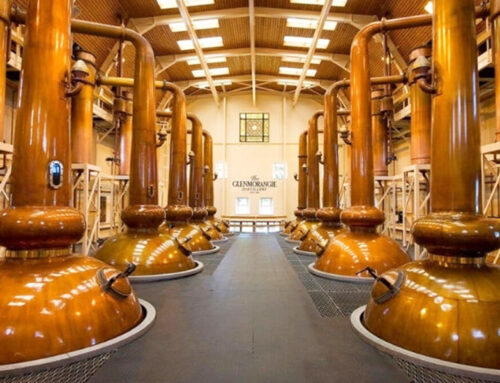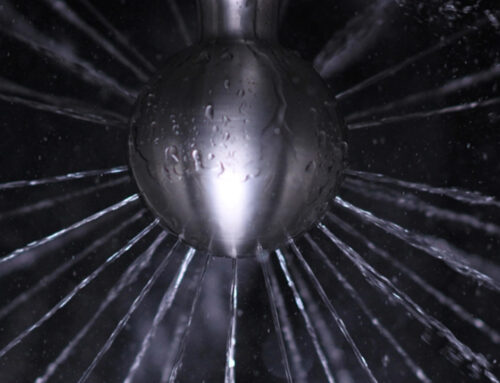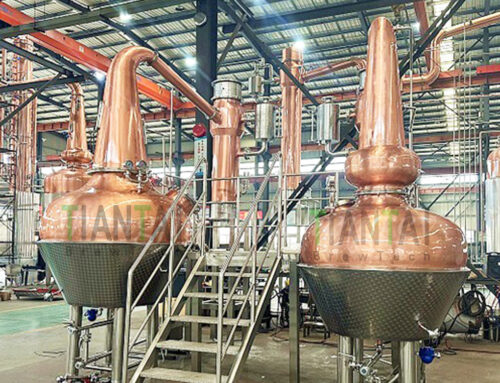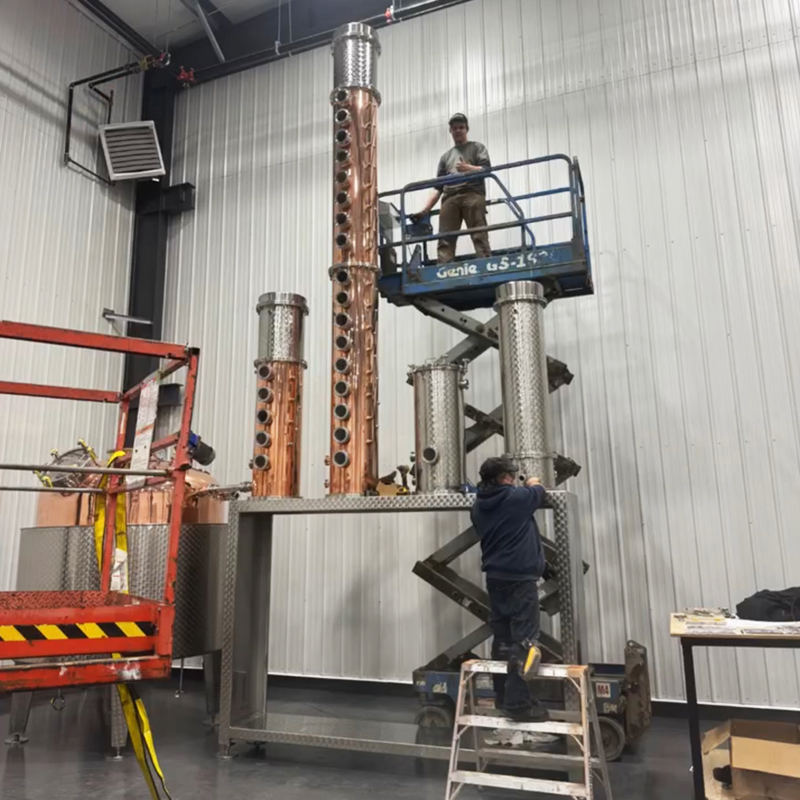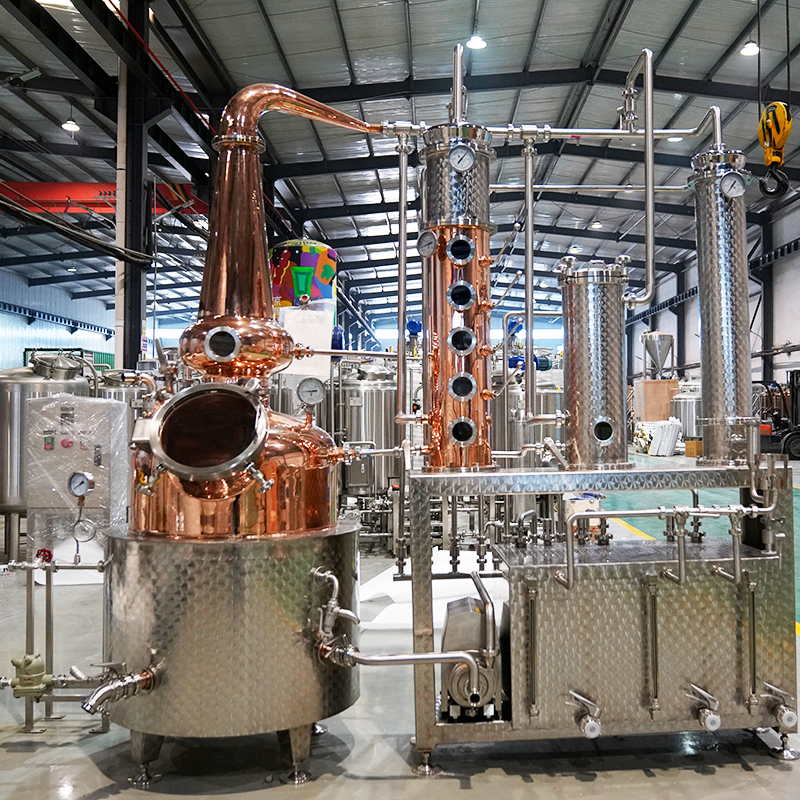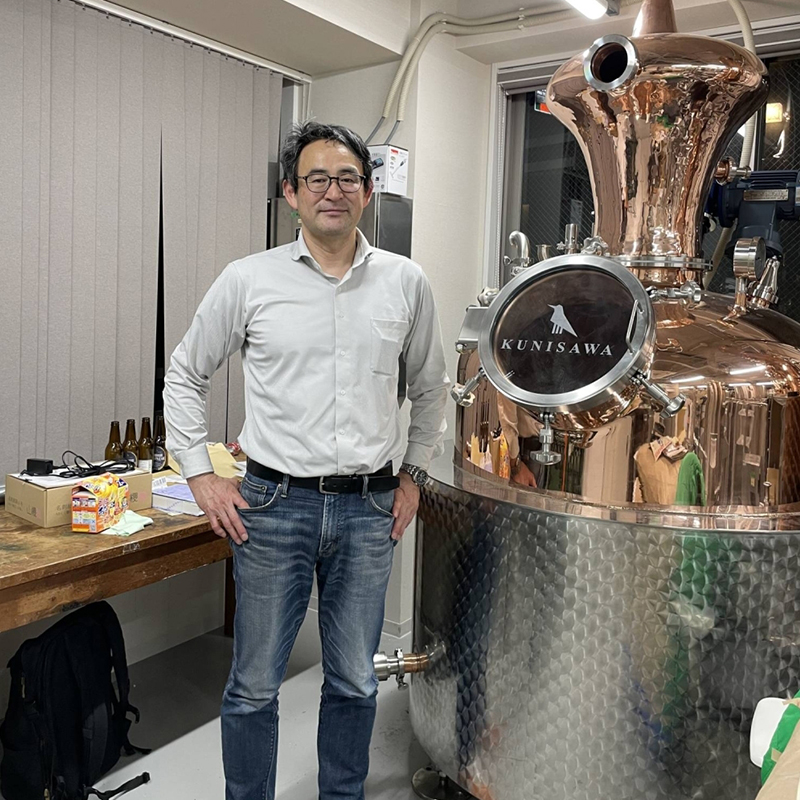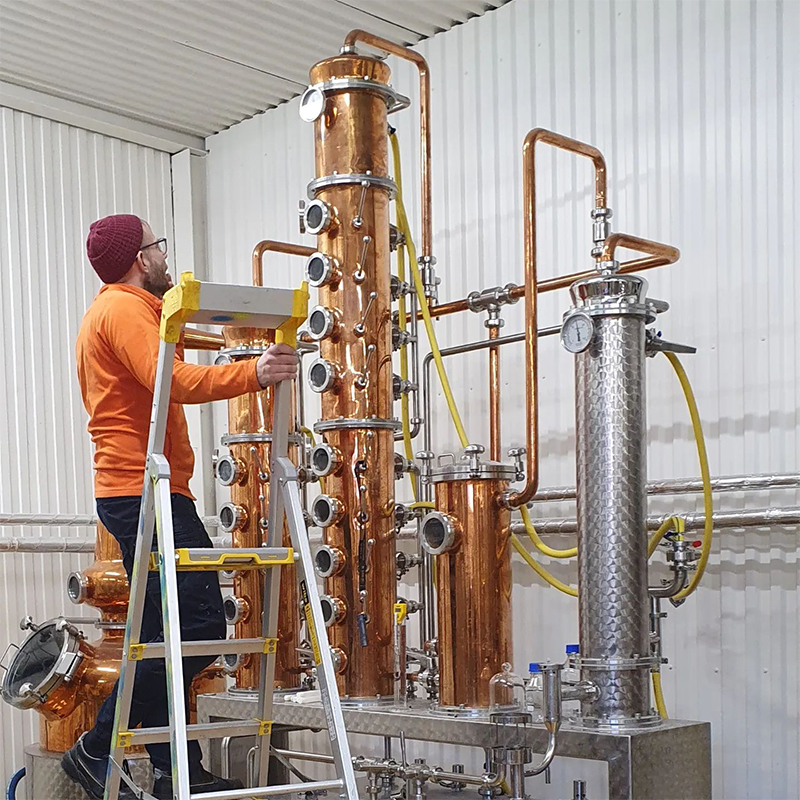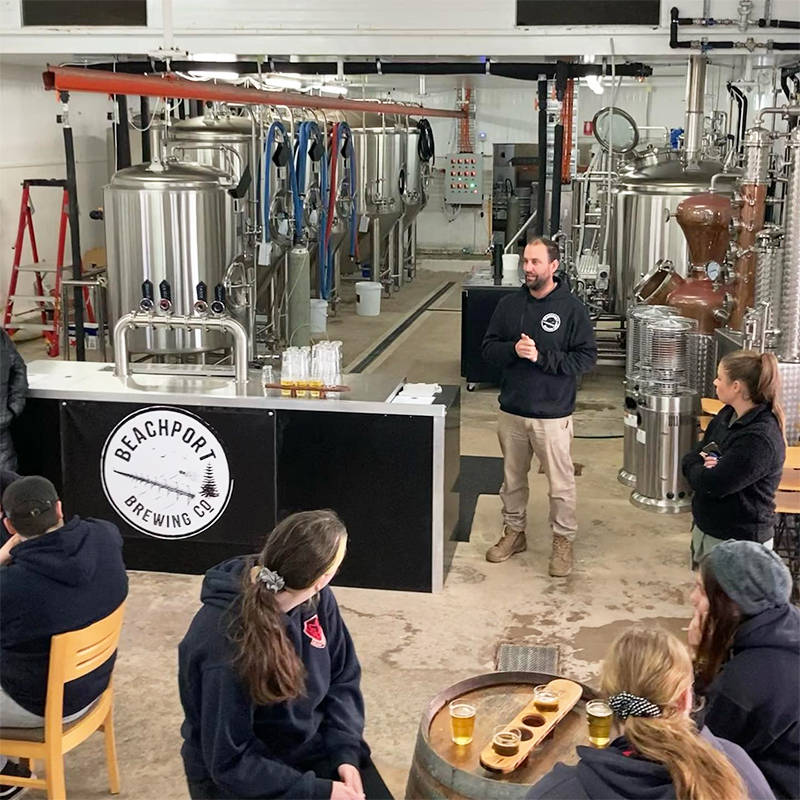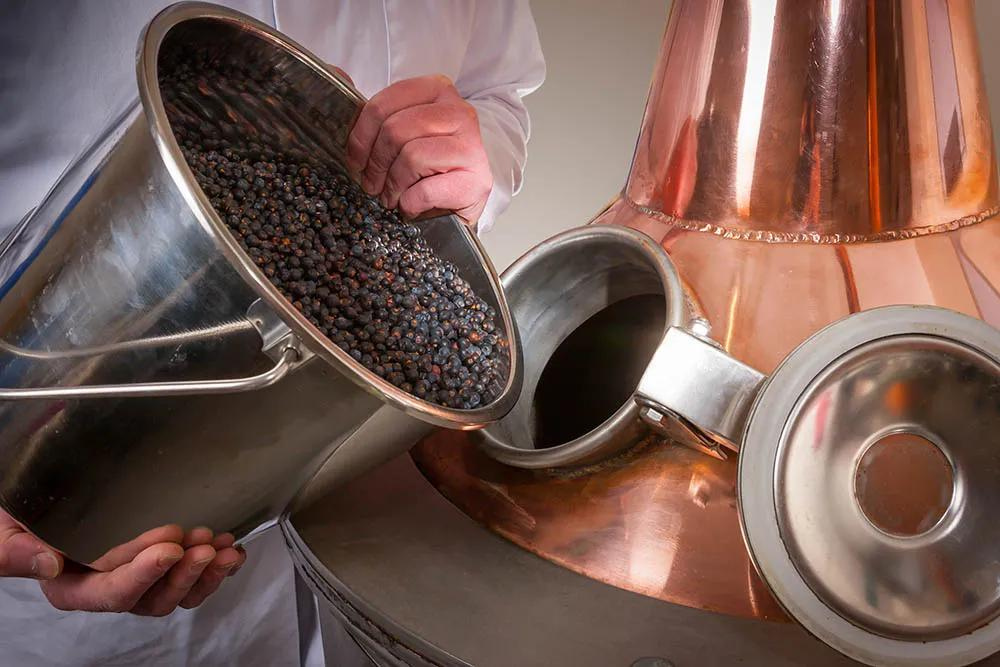
Gin Distilling Techniques: Mastering Botanical Extractio
In the world of craft gin production, the magic truly happens during botanical extraction. The way distillers handle and infuse botanicals like juniper berries, coriander, citrus peels, and orris root determines whether a gin delivers bold, balanced flavors or falls flat. Whether you’re an established distillery or launching a new craft operation, understanding these methods — from preparation to maceration conditions — is essential for creating a standout spirit.
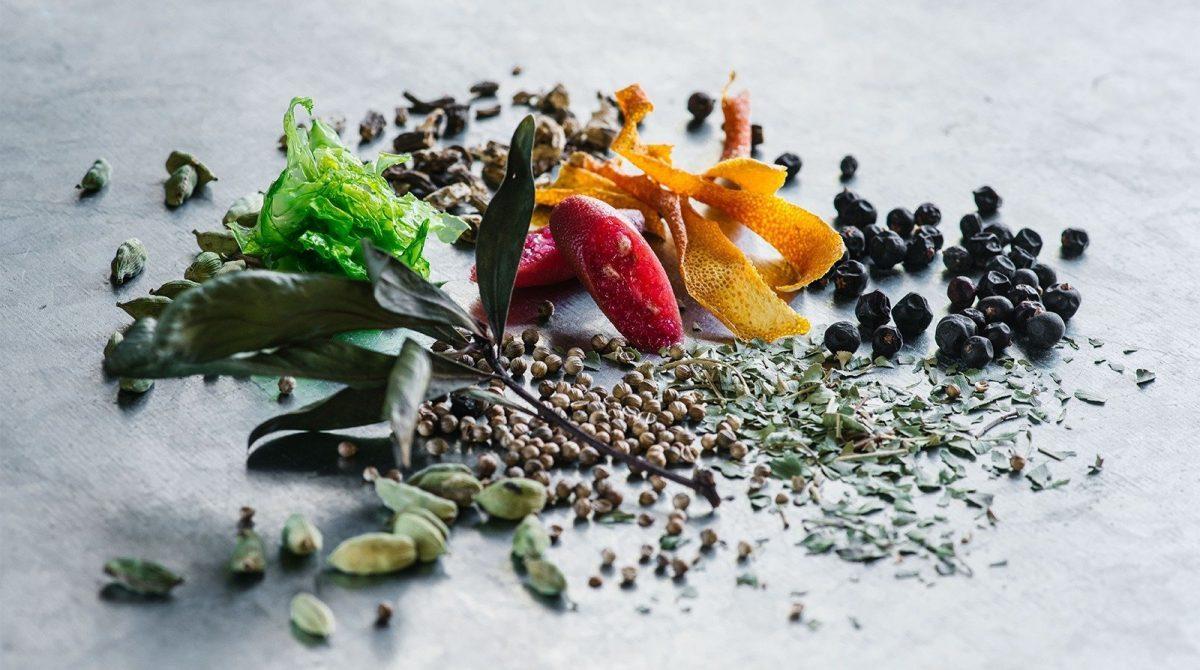
Preparing Botanicals for Optimal Flavor Extraction
Botanicals can be used whole or processed through crushing, milling, or kibbling to increase surface area and accelerate flavor release during contact with ethanol. For instance, orris root is often available in both kibbled (coarsely chopped) and powdered forms.
While processing enhances extraction speed, it also has some drawbacks:
Improper processing may extract unwanted bitter compounds. Certain grinding methods can damage essential oils — one study on coriander seeds showed significant losses or unexpected increases in volatile oil content depending on the method used.
Best practice: Always test small batches when switching botanicals forms. Adjust botanical quantities and maceration times to avoid over-extraction and preserve delicate aromas.
Botanical Positioning: Steep Infusion vs. Vapor Infusion

Steep Infusion (Maceration)
Botanicals are submerged directly in the diluted neutral spirit before or during distillation. This direct contact allows for deep and thorough extraction. Some distillers believe that longer maceration will result in “fuller” flavors, while others warn it can lead to “stewed” or muted notes.
Many distilleries macerate for 12–48 hours before distillation, though times vary widely.
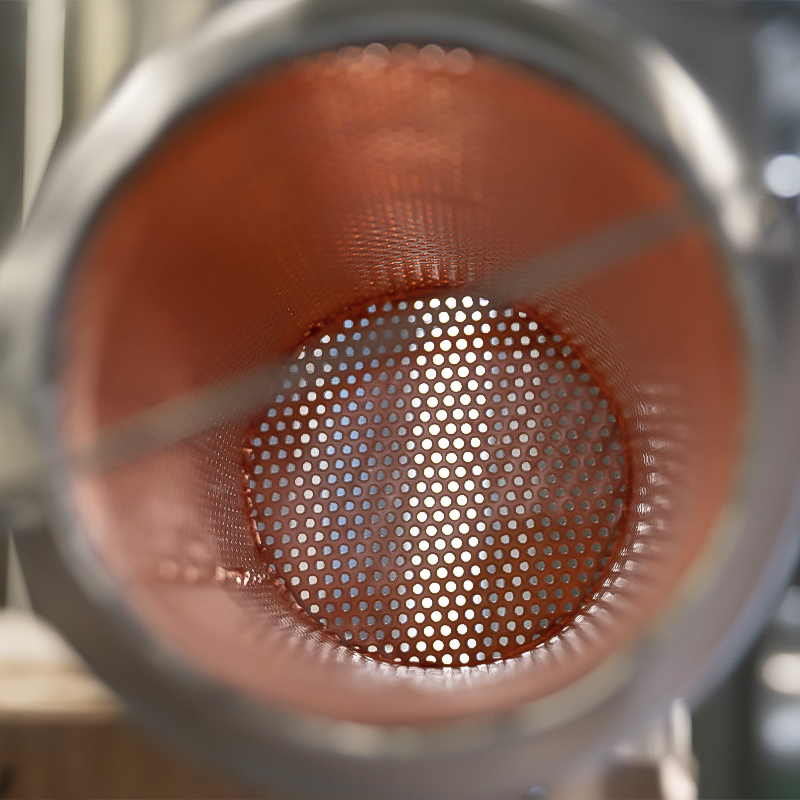
Vapor Infusion
Botanicals are placed above the liquid level — in mesh bags, dedicated trays in the still head, or a gin basket in the vapor path (lyne arm or column). Ethanol vapors pass through the botanicals, extracting lighter, more volatile compounds.
It is said that vapor-infused gins are described as brighter and more delicate. However, scientific analysis tells a different story: When the same recipe was compared head-to-head, vapor infusion produced higher concentrations of 9 out of 10 key terpenes studied — despite shorter contact time. Researchers attribute this to the higher ethanol concentration in the vapor phase, which extracts certain compounds more efficiently than liquid maceration.
Blended & Single Botanical Distillation
Many top gins combine both methods: juniper and robust roots steeped in the pot for body, while delicate citrus and herbs go into the gin basket for freshness. Experienced distillers even distill botanicals separately (sometimes in special gin stills with multiple gin baskets) and blend the hearts afterward for ultimate control.
Our gin distilling equipment excels here — our gin basket systems and multi-tray columns make hybrid distillation simple and easy, giving you the tools to create signature gins that stand out in a crowded market.
Maceration Conditions: Fine-Tuning for Perfection
Success in gin distillation hinges on three variables:
- Ethanol Strength — Starting maceration at 45–65% ABV is common. Lower concentrations favor water-soluble compounds; higher can extract more essential oils. No universal “perfect” concentration — extraction efficiency varies by compound and botanical.
- Time & Temperature — Longer and warmer maceration increases yield, but excessive heat or duration risks off-flavors and botanical breakdown. That’s why most distillers stick to 12–24 hours at ambient to 40°C.
- Still Design — Precise temperature control and efficient reflux are critical. Our custom-built gin stills feature jacketed pots, precise heating options (steam, electric, or direct fire), and reflux management, enabling you to consistently achieve the optimal results every time.
Ready to Elevate Your Gin Production?
Mastering botanical extraction separates good gins from world-class ones. With the right techniques — and the right equipment — you can achieve brighter terpene expression, cleaner profiles, and endless creative freedom.
At Tiantai, we specialize in turnkey distillery solutions and premium gin distilling equipment engineered for both steep and vapor infusion. From compact 100-liter pilot stills with interchangeable gin baskets to large-scale hybrid systems, we build the tools that let your botanicals shine.

